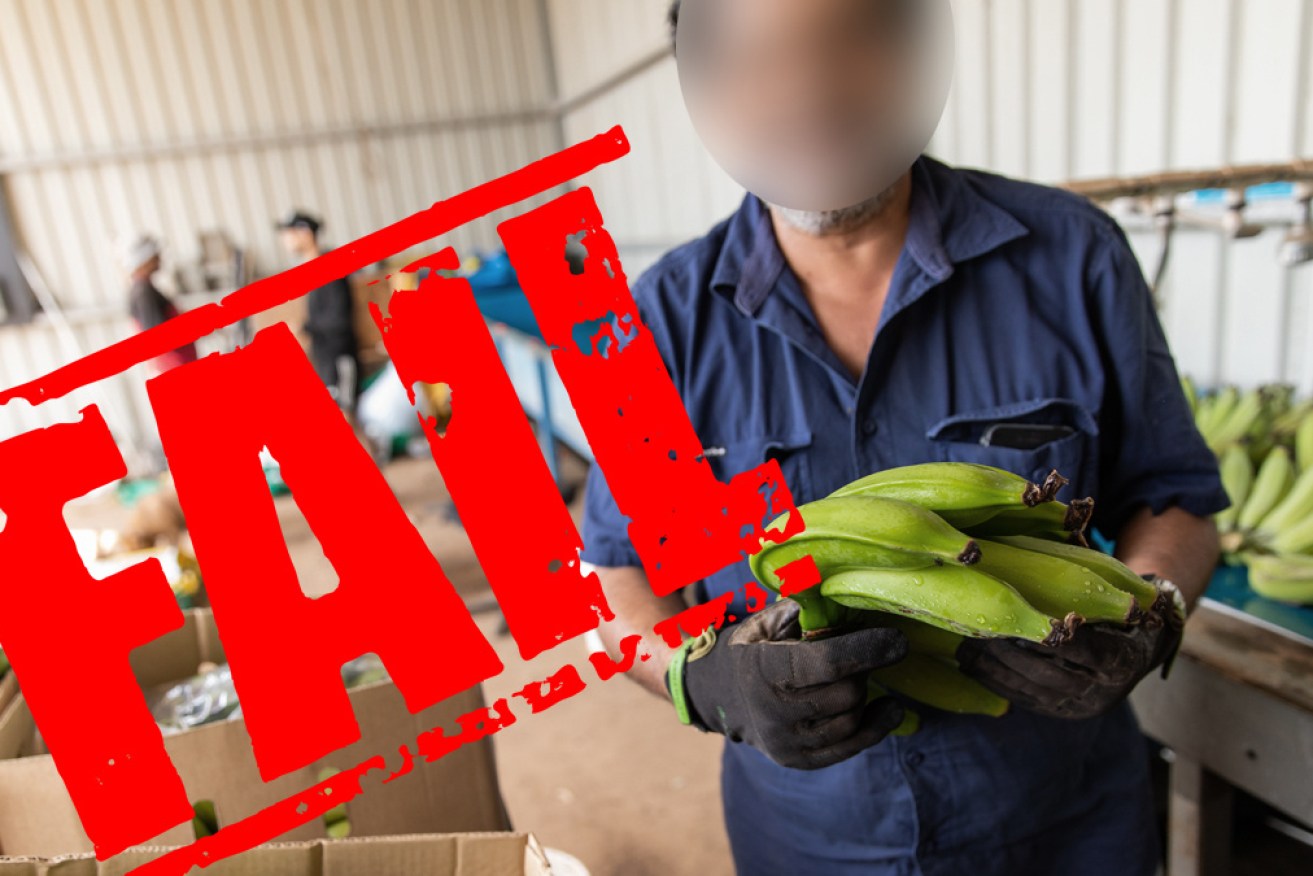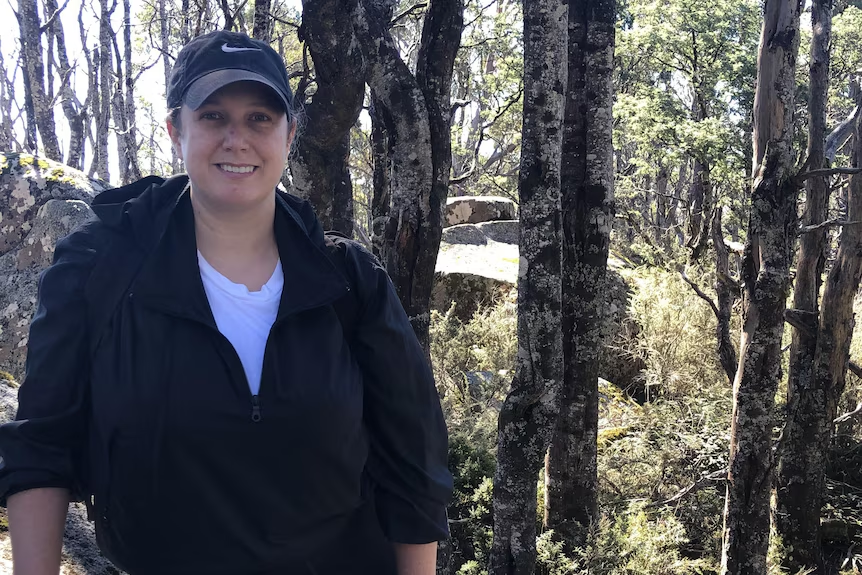Agriculture visa changes will entrench exploitation in horticulture sector, insiders warn


The biggest changes to Australia's agriculture labour force have been announced. Photo: TND
There are fears the biggest reform to Australia’s agriculture visa program could all but guarantee widespread exploitation throughout the picking industry, with non-English-speaking workers left vulnerable to wage theft and racism.
As part of a free trade agreement with the United Kingdom, legislation changes would see the end of the visa requirement that British backpackers work on Australian farms for 88 days.
The labour shortage left by British backpackers are expected to be plugged by a new visa, with workers coming from 10 South-East Asian nations.
Acting Prime Minister Michael McCormack on Wednesday promised the new visa system would be in place within three months.
The overhaul has been warmly welcomed by the powerful industry peak body, the National Farmers Federation, which has campaigned for a dedicated agriculture visa for years.
Importantly, the federation called on the government to consider how the new visa could play a role in ensuring workers had a positive experience on farms.
“An important feature of an Ag Visa must be that only growers who can demonstrate their compliance with the law can have access to the program,” NFF president Fiona Simson said.
But the government has been accused of racism by some industry insiders, who say there is one rule for white people, and another for everyone else.
‘Race to the bottom’
Dr Joanna Howe, one of Australia’s eminent experts in labour force issues affecting the horticulture industry, warned the new visa will entrench exploitation.
“Opening up visa pathways without checks and balances will make the levels of exploitation worse,” said Dr Howe, an Associate Professor in Law at the University of Adelaide.
“We need far more detail. Workers from the 10 partner countries will be vulnerable because of the high wage differences, English will be a second language and we know there’s a norm of non-compliance to labour standards in the sector.
“There has been a race to the bottom.”
Two years ago, the federal government created the Fair Farms program, a bid to protect workers from exploitation, through industry education.
But just 61 of Australia’s thousands of eligible farms have been through the voluntary program.
The government’s 2020 National Agriculture Workforce Strategy suggested the sector needed to fix the labour force issues, including exploitation, before introducing a visa like this, Dr Howe told The New Daily.
“Expanding the pool of countries without fixing the root problems doesn’t help the issue,” she said.
88 days and counting
Australia’s fruit and vegetable picking labour force spans several categories of visas.
Some, like the Pacific Islanders, are less likely to face exploitation because growers and accommodation providers are forced to register and lodge payslips.
But backpackers, undocumented migrants, trafficked humans and even locals do not have the same protections.
Because of this, exploitation is often steeped in racism, with workers who cannot speak English most at risk, former British picker Robert Clarke told TND.
“Racism is endemic in that environment. There is a hierarchy and the white-skinned people are at the top,” Mr Clarke said.
Mr Clarke completed his 88 days in Mildura in 2016. He said he was underpaid, overworked and forced to live in rat-infested accommodation that cost him $200 a week.
After he finished, he joined the Facebook group 88 Days and Counting, which was started by Rosie Ayliffe, whose daughter Mia Ayliffe-Chung was murdered, age 20, in 2016 while serving her days.
The group, which now has more than 28,000 members, is a forum for backpackers to warn each other of dodgy farms, share information and offer advice.
Mr Clarke said scrapping the 88-day requirement was a good start, but he was concerned that without adequate protections, Asian migrants would be treated worse.
“If you’ve got darker skin, you’re getting a much worse time. I guarantee it,” Mr Clarke said.
“It is a system that is rife, that is full of exploitation. The government doesn’t want to know. They don’t want to do anything about it.”
The existence of exploitation that runs across racial lines was explained to TND by several industry insiders.
Different rules for Chinese
Another British backpacker, Amy – who wanted to keep her surname private – worked on a farm in Queensland last year.
She said she was put on an hourly rate to inspect the quality of the fruit, but all the pickers and pacers, who were Chinese, were put on piece rates and managed by a contractor who stole their superannuation.
“He ran away with all their super money, all of their tax and some of the employees didn’t get paid the last week they worked,” Amy told TND on Wednesday.
The grower had employed the contractor two years in a row.
“I wouldn’t be astonished if they hired him again, and turned a blind eye. It’s really bad,” she said.
Founder and CEO of Backpacker Job Board Matthew Heyes said it was easier for Asian migrants to be exploited on farms.
“Wealthy countries are able to lean on the Australian government and remove their citizens from the opportunity of exploitation,” Mr Heyes said.
“Whether or not these other countries have the weight on the political stage to influence, I’m more doubtful.”
Some have even slammed the plan as racist.
AWU national secretary Daniel Walton said much of the labour shortfall on farms could be made up quickly by providing Australian standard wages and protections.
“Scott Morrison and Boris Johnson have decided it’s wrong for Brits to be exposed to exploitation and abuse on Australian farms, but apparently it’s OK for south-east Asians,” Mr Walton said.
“If the government goes ahead with this abhorrent proposal, exploitation and abuse on Australian farms will explode. And it’s already so bad it warrants a royal commission.”
Do you know more? Contact reporter Cait Kelly at [email protected]








